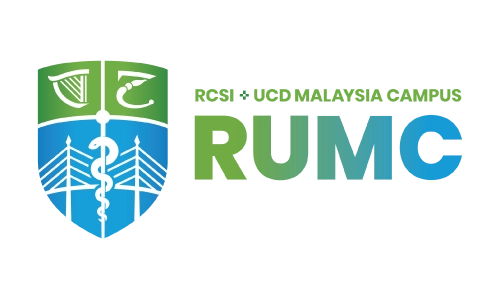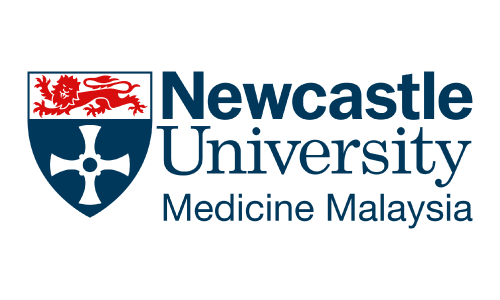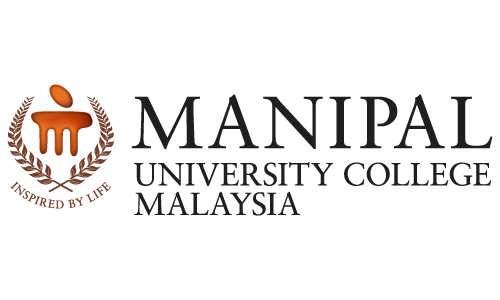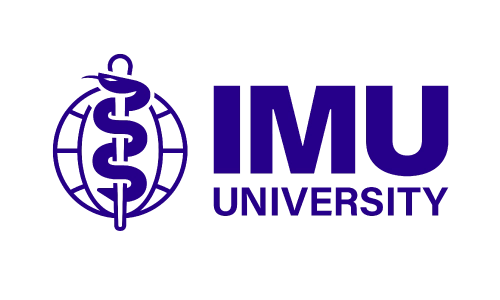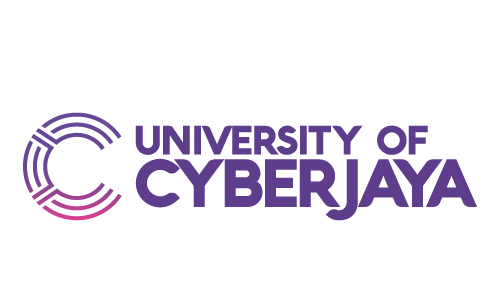Compare Top Medicine Degree Courses in Malaysia
Explore and compare top-rated Medicine Degree programmes offered by universities across Malaysia. Filter by tuition fees, location, study mode and specialisation to find the course that best fits your academic goals and budget.
There are 16 colleges and universities offering 17 Medicine Degree Courses.

RCSI & UCD Malaysia Campus (RUMC)
George Town, Pulau Pinang
Bachelor of Medicine, Bachelor of Surgery and Bachelor of Obstetrics (MB BCh BAO)
Intake
Sep
Tuition Fees
RM620,000
Get RM300 Rebate when you enrol through EduAdvisor! T&C apply.
Newcastle University Medicine Malaysia (NUMed)
Iskandar Puteri, Johor
Bachelor of Medicine and Bachelor of Surgery (MBBS)
Intake
Sep
Tuition Fees
RM503,000
Get up to RM1,500 Waiver + RM300 Rebate when you enrol through EduAdvisor! T&C apply.
Manipal University College Malaysia (MUCM)
Bukit Baru, Melaka
Bachelor of Medicine and Bachelor of Surgery (MBBS)
Intake
Mar, Oct
Tuition Fees
RM385,000
Get RM300 Rebate when you enrol through EduAdvisor! T&C apply.
IMU University
Main Campus, Kuala Lumpur
Bachelor of Medicine & Bachelor of Surgery (MBBS)
Intake
Feb, Sep
Tuition Fees
RM615,690
Get up to RM800 Waiver + RM300 Rebate when you enrol through EduAdvisor! T&C apply.
SEGi University
Petaling Jaya, Selangor
Bachelor of Medicine, Bachelor of Surgery (M.B.B.S)
Intake
May, Sep
Tuition Fees
RM356,000
Get up to RM1,000 Waiver + RM300 Rebate when you enrol through EduAdvisor! T&C apply.
MAHSA University
Bandar Saujana Putra, Selangor
Bachelor of Medicine and Bachelor of Surgery (MBBS)
Intake
Sep
Tuition Fees
RM402,750
Get RM500 Waiver + RM300 Rebate when you enrol through EduAdvisor! T&C apply.
University of Cyberjaya (UoC)
Cyberjaya, Selangor
Bachelor of Medicine and Bachelor of Surgery (MBBS)
Intake
Oct
Tuition Fees
RM375,000
Get up to RM1,250 Waiver + RM300 Rebate when you enrol through EduAdvisor! T&C apply.
Monash University Malaysia
Bandar Sunway, Selangor
Bachelor of Medical Science and Doctor of Medicine
Intake
Feb
Tuition Fees
RM588,000
Get RM100 Waiver + RM300 Rebate when you enrol through EduAdvisor! T&C apply.
Taylor's University
Subang Jaya, Selangor
Bachelor of Medicine, Bachelor of Surgery (MBBS)
Intake
Apr, Sep
Tuition Fees
RM445,640
Seats are filling up fast! Secure yours by enrolling through EduAdvisor. Get a RM1,000 registration waiver from Taylor's too! T&C apply.
Universiti Malaya (UM)
Kuala Lumpur Campus, Kuala Lumpur
Bachelor of Medicine & Bachelor of Surgery (Open Channel / SATU)
Intake
Sep
Tuition Fees
RM500,000
FAQs about Studying a Medicine Degree in Malaysia
Medicine involves diagnosing, treating and preventing sicknesses or diseases.
The medical field as a whole is very broad and contains multiple disciplines working together to prevent and cure diseases in the complex human body. In fact, there is almost a type of specialist doctor for every single major organ of your body.
A Degree in Medicine will teach you extensive scientific knowledge and the necessary skills needed to contribute to the medical field and the society as a whole. You will also be given sufficient practical exposure and training to prepare you for your chosen specialisation later on.
To pursue a Degree in Medicine, the typical entry requirements are:
- A-Level: Minimum BBB, ABC or AAC in Biology, Chemistry and Physics / Maths; or
- STPM: Minimum BBB, ABC or AAC in Biology, Chemistry and Physics / Maths; or
- Australian Matriculation: Minimum of ATAR 80 or average of 80% in Biology, Chemistry and Physics / Maths; or
- Foundation in Science: Minimum CGPA of 3.0 including Biology, Chemistry and Physics / Mathematics
You will usually also need to have at least 5Bs in Biology, Chemistry, Physics, Maths / Add Maths and one additional subject at SPM, O-Level or equivalent.
That said, the entry requirements may vary depending on the university, so be sure to do your research!
To pursue a Degree in Medicine, you need to have an SPM qualification or equivalent and a Pre-U qualification. You must also meet the minimum entry requirements of the university.
A Degree in Medicine is usually 5 years long.
Upon completing a Degree in Medicine, you will usually go through a two-year compulsory service with the government.
After that, most medical officers will work for a few years before choosing an area of specialisation, such as orthopaedics, gynaecology and paediatrics. To be a registered specialist, you will need to take study another 4-5 years of postgraduate study, as well as another 2-4 years of supervised training.
The standard path upon completion of your Degree in Medicine is to be a medical doctor.
Various employment opportunities await Medicine graduates, such as:
- Government Hospitals
- Private / Public Clinics
- Community Health Centres
- Medical Colleges and Universities
- Medical Journals
Different students may have different preferences when it comes to choosing the right university. Here are some questions to consider when making a decision.
- Is the institution’s Medicine Degree accredited by the Malaysian Qualifications Agency (MQA)?
- Is the institution’s Degree in Medicine recognised by the Malaysian Medical Council (MMC)?
- Do you understand the fees of the course, and are the costs affordable to you?
- Are you comfortable with the location of the university?
- Have you visited the campus, and do you like the campus environment and facilities?
- What support services does the institution have to help you in and beyond university?
If you’re not sure if studying a Degree in Medicine is right for you, here are some articles that may help you:
- Your Guide to a Medicine Course in Malaysia
- 5 Lies about Being a Doctor That No One Warns You About
- You Are Wrong If You Think Doctors Are the Only Ones Working in the Hospital [Infographic]
- The Ultimate Guide to Choosing the Best College Programme (Part 1, Part 2, Part 3)
Not sure if you should study Degree in Medicine? Take our Medicine Quiz and find out if it’s a good fit for you in 3 minutes!

